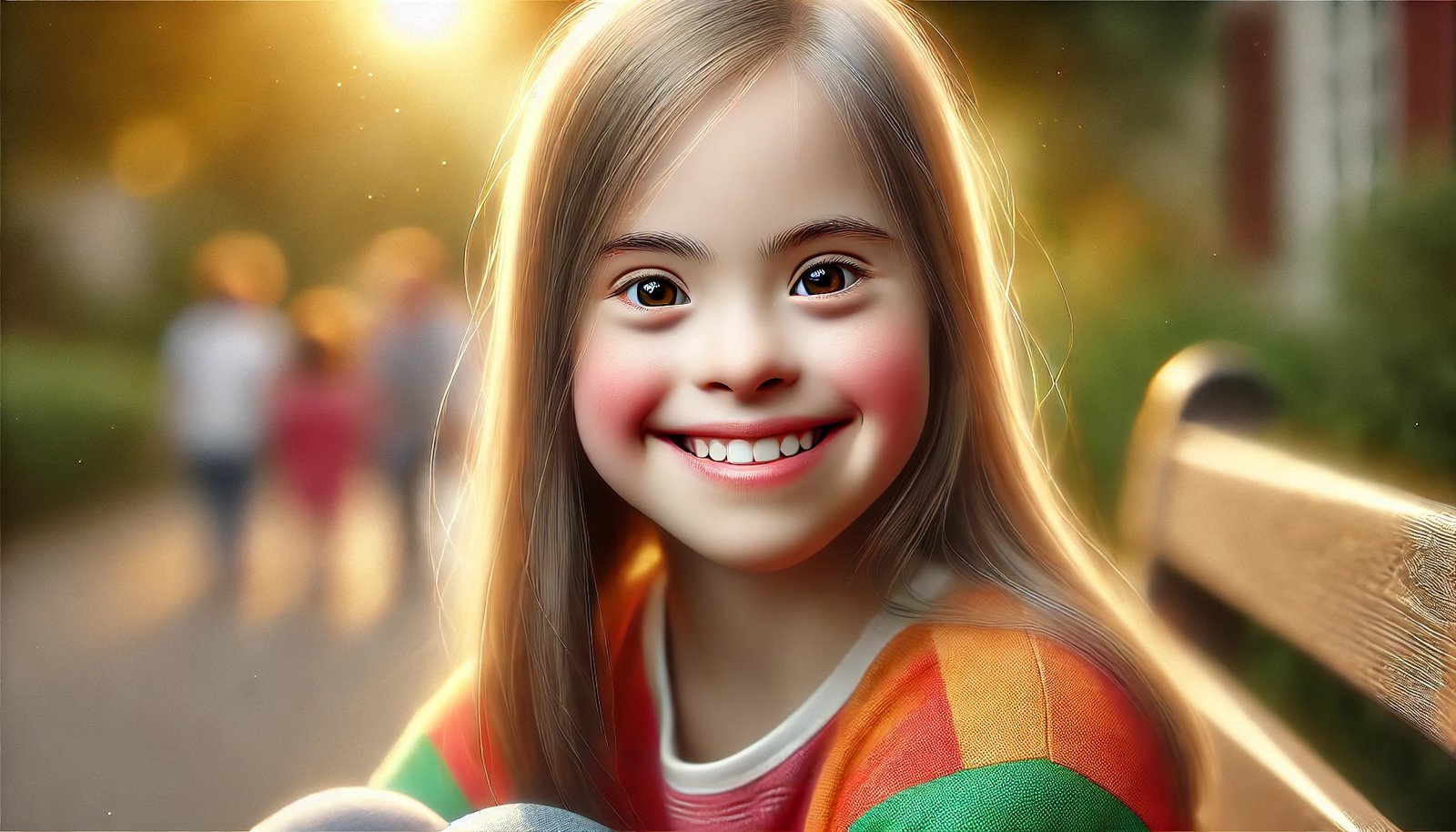Recognizing a child with autism may involve observing various differences in their communication, social skills, and behavior when compared to children with typical development. Keep in mind that autism is a spectrum, and the signs and symptoms can vary significantly between individuals. Here are some aspects to consider when trying to distinguish a child with autism:
- Communication: Autistic children might struggle with verbal communication, have a limited vocabulary, or exhibit delayed language development. They may also have difficulties understanding non-verbal cues, such as facial expressions and gestures.
- Social interactions: Autistic children may find it challenging to form and maintain relationships with their peers. They might struggle with sharing emotions or interests, understanding social rules, and adapting to different social situations.
- Repetitive behaviors: Children with autism often engage in repetitive movements, such as hand-flapping or rocking, and may have specific routines that they follow rigidly. They might become distressed when these routines are disrupted or changed.
- Restricted interests: Autistic children may have intense, focused interests in particular subjects or activities, sometimes at the expense of other interests or pursuits.
- Sensory sensitivities: Autistic children may experience heightened or reduced sensitivity to sensory stimuli, such as sounds, lights, smells, tastes, and textures. They might become distressed or uncomfortable in response to certain sensory inputs.
- Difficulties in imaginative play: Autistic children may have trouble engaging in imaginative or symbolic play, such as playing “make-believe” or making up stories.
- Echolalia: Some autistic children might repeat words or phrases they hear, either immediately or after a while, instead of responding conventionally.
- Unusual language patterns: Autistic children may speak with an unusual tone, volume, or rhythm. Some might use very formal or pedantic language, even in informal situations.
- Difficulties with eye contact: Autistic children may avoid or struggle to maintain appropriate eye contact during conversations or social interactions.
- Self-stimulating behaviors: In addition to repetitive movements, autistic children may engage in other self-stimulating actions, such as finger snapping, tapping, or making noises with their mouths.
- Intense or unusual emotional reactions: Autistic children may have intense or unexpected emotional reactions to events or situations that might seem insignificant to others.
- Difficulties understanding humor and sarcasm: Autistic children may have trouble understanding and responding to humor, sarcasm, or jokes, and might take things very literally.
- Difficulties adapting to changes in the environment: Autistic children may struggle to adapt to changes in their environment, such as changes in furniture arrangement or familiar objects.
If you think a child might be autistic, it is essential to seek the opinion of a medical professional for an appropriate assessment and, if necessary, access to specific supports and services.
It is important to remember that the presence of these signs does not automatically indicate autism, and professional evaluation is necessary for a proper diagnosis. If you suspect a child may have autism, consult with a healthcare professional to discuss your concerns and explore appropriate assessment and intervention options.













